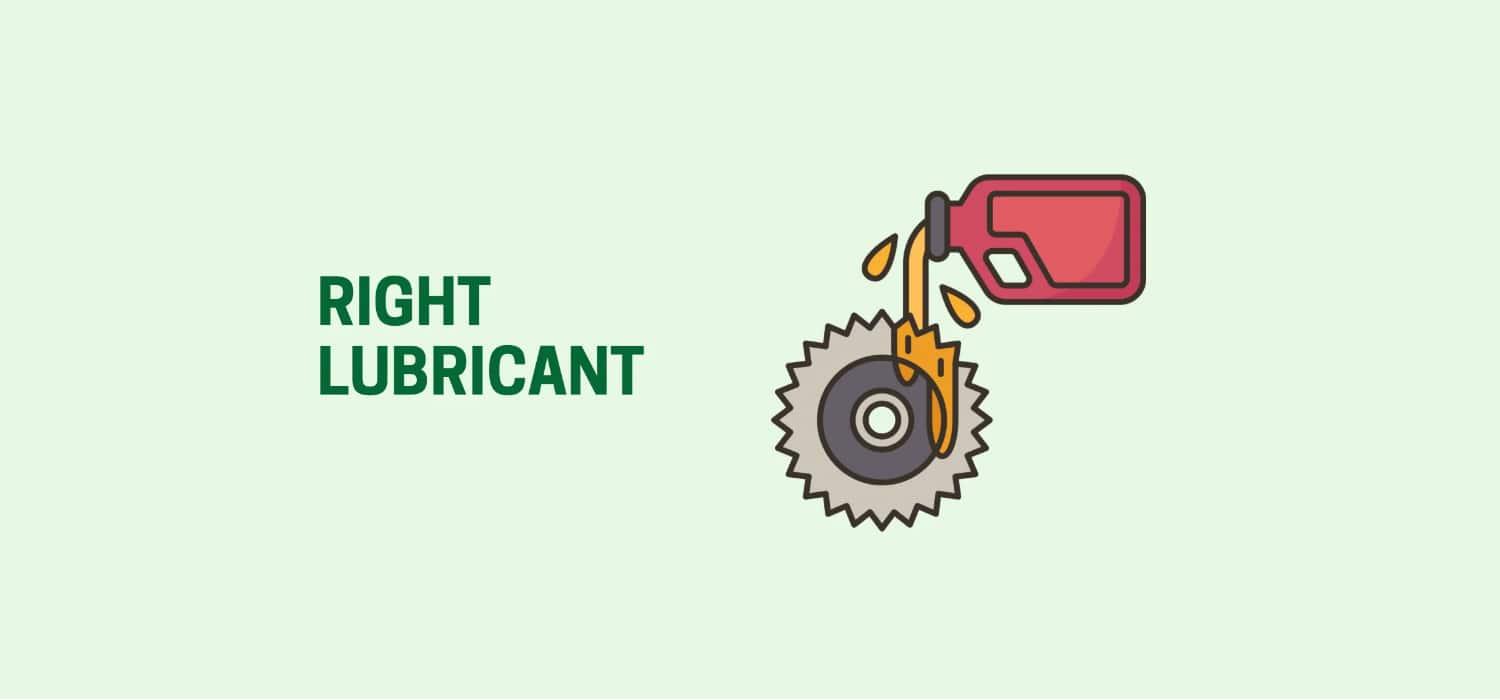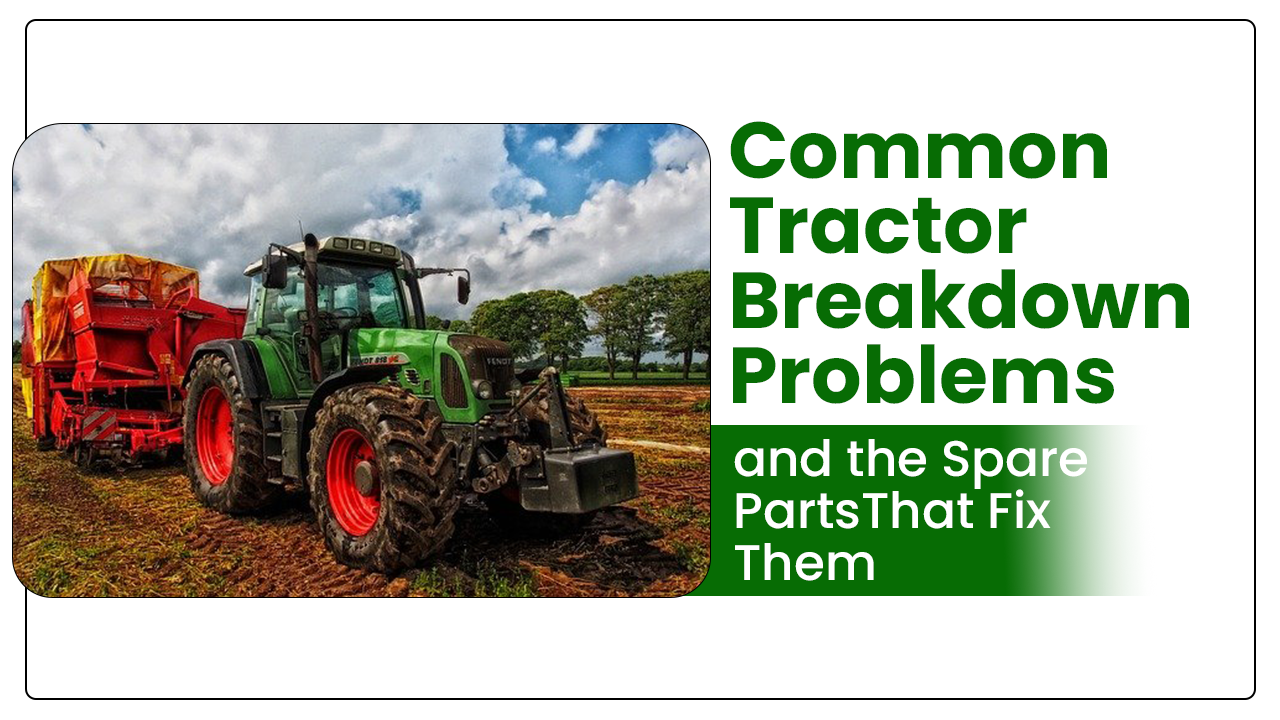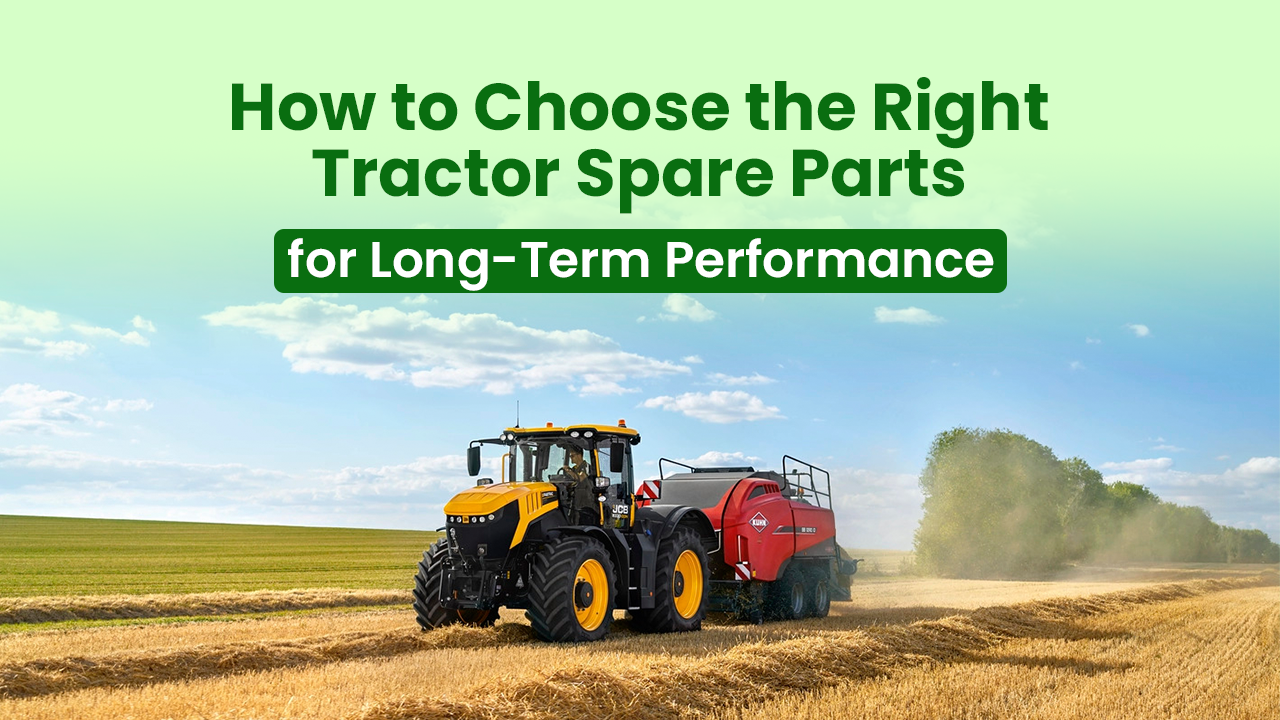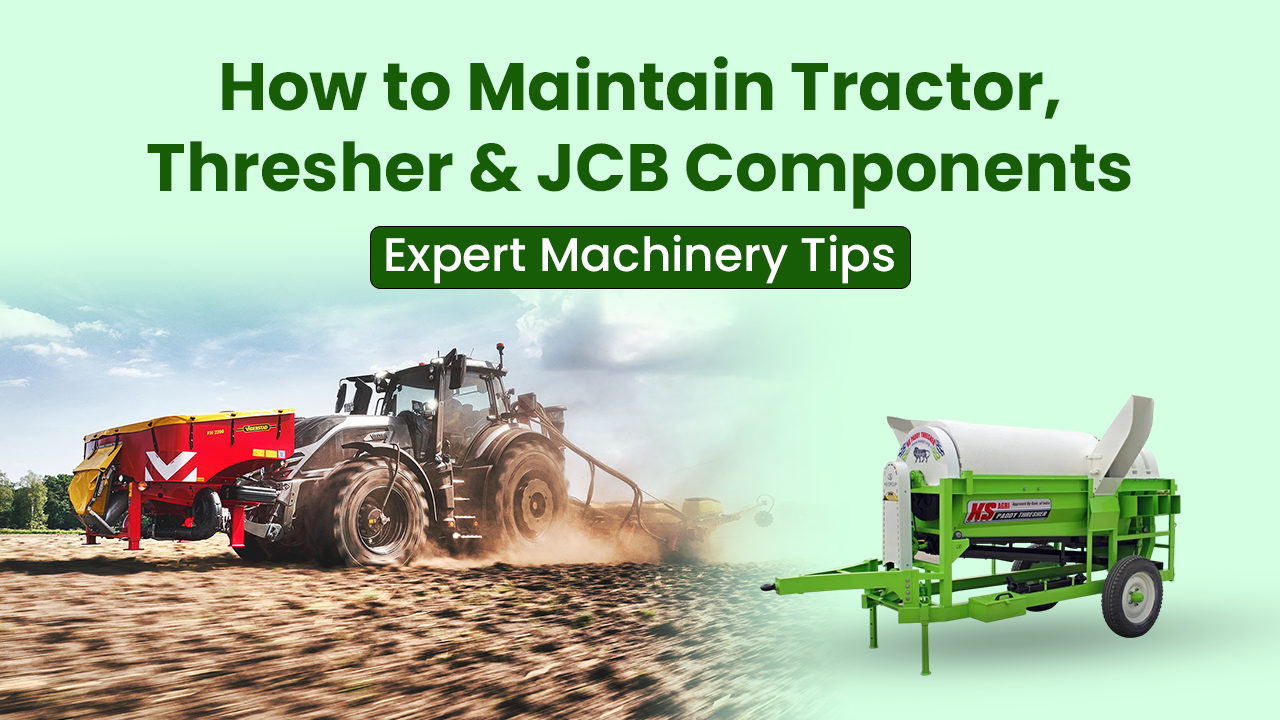Learn about common tractor breakdown problems, their causes, and the right spare parts to fix them. Improve performance and reduce downtime with Gropart.
How To Choose The Right Lubricant For Agricultural Machinery

Choosing the right lubricant for your agricultural machinery is crucial for optimal performance, longevity, and efficiency. With the vast array of lubricant options available, it can be overwhelming to determine which one suits your specific needs. This comprehensive guide will explore the key factors to consider when selecting a lubricant for your agricultural machinery. Whether you're a seasoned farmer or new to agriculture, this article will provide valuable insights to help you make an informed decision.
Understand Your Machinery's Lubrication Needs:
Before diving into the lubricant selection process, it's essential to understand your machinery's lubrication needs. Different agricultural equipment, such as tractors, combines, and harvesters, have unique lubrication requirements. Familiarize yourself with your machinery's owner's manual or consult the manufacturer to determine the recommended lubrication specifications, including viscosity grade, performance levels, and oil change intervals.
Consider Equipment Operating Conditions:
The operating conditions under which your agricultural machinery operates greatly influence the choice of lubricant. Factors such as temperature extremes, heavy loads, dusty environments, and high humidity can impact lubricant performance. Evaluate the typical working conditions of your equipment and look for lubricants specifically formulated to withstand those conditions. For example, if you frequently operate in high-temperature environments, consider lubricants with excellent thermal stability and oxidation resistance.
Understand Lubricant Types:
Various types of lubricants are available, each with its advantages and specific applications. The most common types of agricultural machinery include engine oils, transmission fluids, hydraulic fluids, and greases. Engine oils are designed to lubricate and protect the engine, while transmission fluids ensure smooth gear shifting. Hydraulic fluids transmit power and lubricate hydraulic systems, while greases provide long-lasting lubrication for bearings and joints. Research and understand the purpose and characteristics of each lubricant type to choose the appropriate one for your machinery.
Consider Lubricant Properties:
When selecting a lubricant, paying attention to its properties and performance characteristics is crucial. Some key properties include viscosity, viscosity index, oxidation stability, shear stability, and additive package. Viscosity refers to the lubricant's resistance to flow at different temperatures. A lubricant with a higher viscosity is typically suitable for heavier loads and higher temperatures. The viscosity index indicates the lubricant's ability to maintain its viscosity across various temperatures. Opt for lubricants with a high viscosity index to ensure consistent performance in varying conditions.
Oxidation stability is essential to prevent the breakdown of lubricant molecules when exposed to heat and oxygen. Shear stability refers to the ability of the lubricant to resist mechanical breakdown under high shear forces. A robust additive package enhances the lubricant's performance by providing additional benefits such as anti-wear protection, rust and corrosion resistance, and detergent-dispersant properties. Consider these properties based on your equipment's requirements and operating conditions.
Follow OEM Recommendations:
Equipment manufacturers often provide specific lubrication recommendations for their machinery. These recommendations are based on extensive research and testing to ensure optimal performance and longevity. Adhering to OEM (Original Equipment Manufacturer) recommendations protects your equipment warranty and helps ensure compatibility and maximum performance. Consult the owner's manual or contact the manufacturer to obtain the recommended lubrication specifications for your agricultural machinery.
Conclusion
Selecting the right lubricant for your agricultural machinery is critical in maintaining its performance, efficiency, and durability. You can make an informed decision by understanding your machinery's lubrication needs, considering operating conditions, familiarizing yourself with lubricant types and properties, and following OEM recommendations. Remember, proper lubrication is an investment in the long-term health of your agricultural equipment. By using the right lubricants and following regular maintenance practices, you can optimize your machinery's performance, reduce downtime, and increase productivity on the farm.
 English
English




